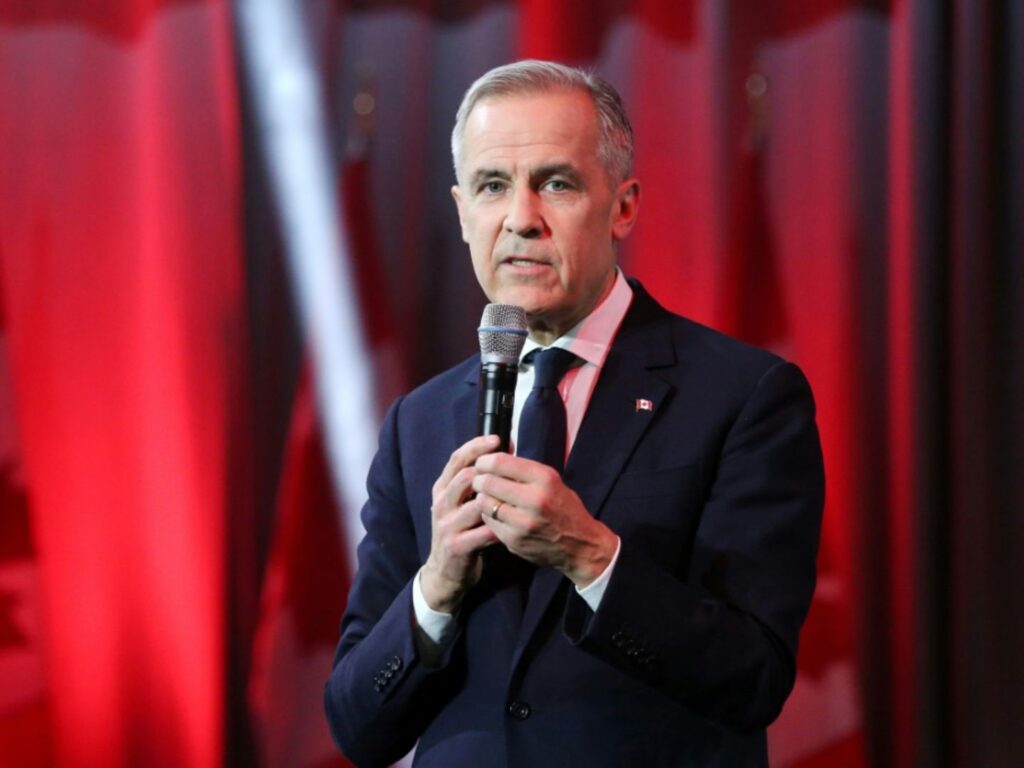
Introduction
Mark Carney, the former Governor of the Bank of England and the Bank of Canada, has emerged as a significant figure in shaping contemporary economic dialogue. His insights on monetary policy and climate finance have gained increased attention, particularly in light of recent global events and challenges such as inflation, economic recovery post-COVID-19, and the urgent need for climate action. Understanding Carney’s contributions is crucial for grasping the current landscape of global economic policies.
Career Overview
Carney served as the Governor of the Bank of Canada from 2008 to 2013, where he played a key role in navigating the country through the global financial crisis. Subsequently, he took on the dual role of Governor of the Bank of England from 2013 until 2020, where he became the first non-Briton to hold this position. His tenure at the BoE was marked by efforts to stabilize the British economy in the face of uncertainties posed by Brexit and rising inflation.
Recent Developments and Climate Finance Advocacy
In addition to his monetary policy roles, Carney has been a vocal advocate for sustainable finance, serving as the United Nations Special Envoy for Climate Action and Finance. In an era where the adverse impacts of climate change are increasingly apparent, his advocacy is crucial. Recently, he has called for a fundamental shift in how financial institutions approach climate risks, emphasizing the need for transparency and accountability.
During his recent appearances, Carney has highlighted the importance of integrating climate risks into financial decisions. He stresses that without significant investment in sustainable practices and technologies, the global economy risks substantial disruption, further exacerbating existing economic inequalities.
Conclusion and Future Outlook
Mark Carney’s influence extends beyond traditional central banking into the realm of sustainability and climate finance. His approach underscores the interconnectivity of economic policies and environmental responsibilities. As nations grapple with the dual challenges of economic recovery and climate change, Carney’s insights will likely play a pivotal role in shaping future policies.
For readers, understanding Carney’s contributions provides a broader context for current economic discussions and highlights the importance of sustainable practices in achieving long-term stability. As global conversations evolve, monitoring Carney’s ongoing work and initiatives will be essential for anyone interested in the intersection of finance, economics, and environmental stewardship.



